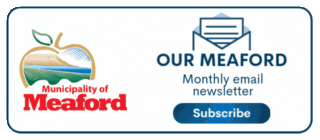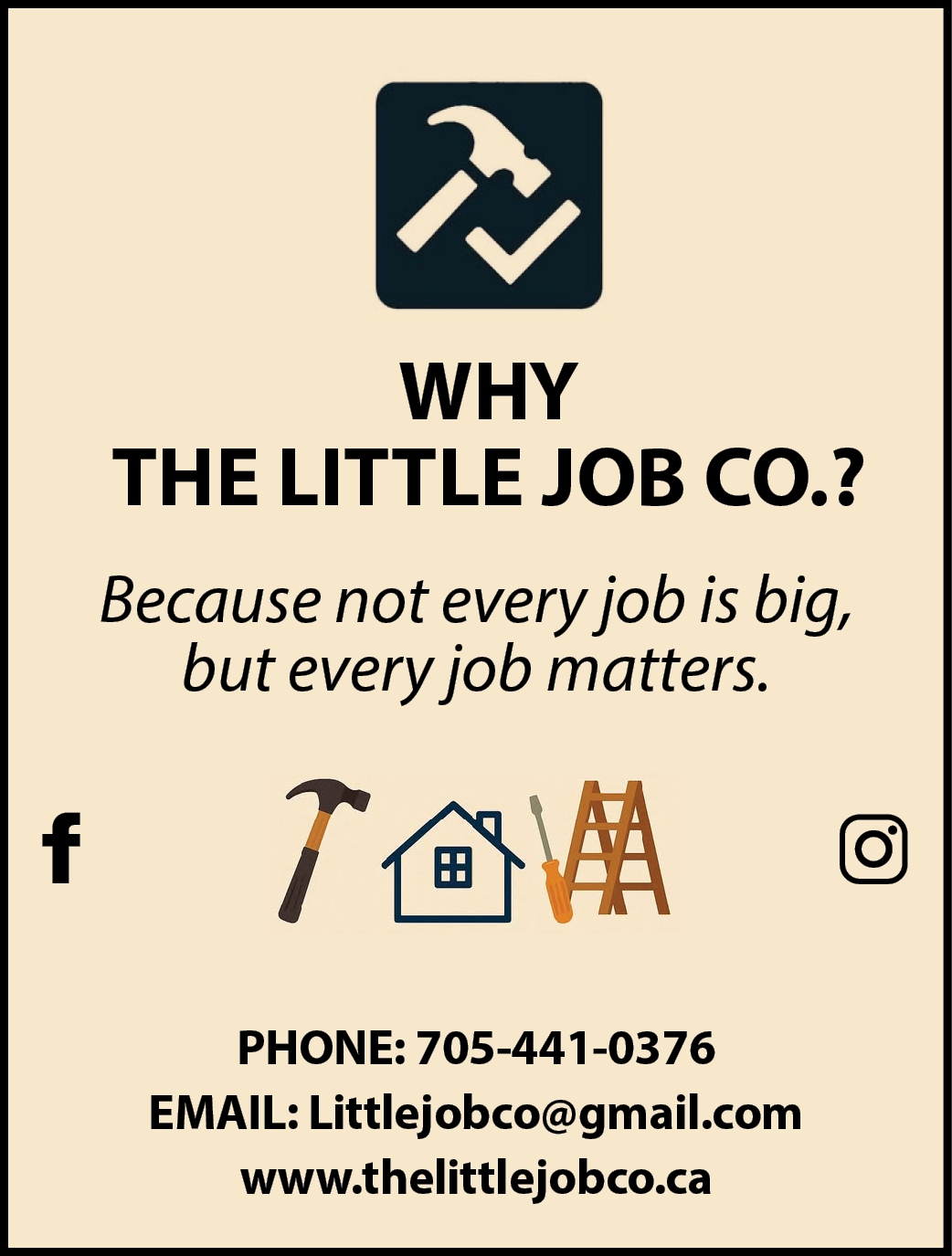 The winter snow is gone, and much of the sand and grit has been swept away. With Earth Week approaching it is time to give this community a spring cleaning.
The winter snow is gone, and much of the sand and grit has been swept away. With Earth Week approaching it is time to give this community a spring cleaning.
No matter your views on environmental issues, I think one thing we can all agree on is that a cleaner community is a better place to live than a trashy community, so community clean-up events are welcomed by most.
In the coming weeks there will be a number of opportunities to participate in Earth Week (ish) clean-up events, including one at David Johnston Park on Monday, April 22 (Earth Day), and a community-wide clean-up on Saturday, May 4.
I have long been a supporter and promoter of community clean-up events. For eight years, between 2010 and 2018, this newspaper along with the Friends of Memorial Park hosted an annual Earth Week clean-up of Memorial Park. Dozens of volunteers would arrive at the park in the morning, spend a couple of hours picking up trash throughout the park, followed by some warm cider and chats with friends and neighbours.
Our last Memorial Park Earth Week Clean-up was held in 2018 for a number of reasons. The primary reason was that the Rotary Club started their own community-wide clean-up in early May of 2018, and it has continued to grow each year. So we discontinued our Memorial Park clean-ups, as the community-wide event would capture the park, not to mention that while in the early years we were pulling large amounts of trash from Memorial Park, including old air conditioners, dehumidifiers, rolled up carpets, along with the traditional and (sadly) expected numerous Tim Horton’s coffee cups, in the later years our volunteers would find very little to collect. It seemed that once the park was brought up to snuff, people were less likely to litter in the park.
Trash on our sidewalks, ditches, and in our parks is frustrating for most of us. Overflowing garbage cans in our parks, plastic pop bottles washing up on our shores, fast food packaging littering our trails. Trash is everywhere, and while we can shrug our shoulders and blame others, littering is just part of the problem.
Not every coffee cup, newspaper or food container found on a sidewalk or in a park playground is the result of irresponsible people littering, some of it was in a blue bin at the curb before windy weather blew some of it around, depositing bits of paper and plastic in places we’d rather be neat and tidy.
While the events in the coming weeks will reference ‘Earth Day’, or ‘Earth Week’, I know that for some, those very words can be a source of irritation, as the politics surrounding the concept of ‘Earth Day’ can be very polarizing. ‘Earth Day’ has been observed for more than 50 years now, and the topic of environmental issues has become a political hot potato these days, a topic that can be as contentious as religion or politics. I can’t blame folks for experiencing ‘environmental exhaustion’, as with each new day it can seem like there is a new environmental issue for us to worry about, and the endless debates about the topic on social media can certainly wear one out.
When we are talking about things like wayward trash and blue box recycling programs, as I wrote in an editorial some six years ago (Blue Box Blues Should be a Problem For Manufacturers to Solve, Not Consumers, May 18, 2018), it should not be left solely in the hands of small armies of good-hearted citizens to address: the manufacturers of products need to take on more responsibility for the packaging they use.
“As diligent as we consumers have been at separating our waste and ensuring that we are recycling as much as possible, much of what we toss in our blue boxes causes problems for recycling companies,” I wrote in 2018 to open that editorial, and I closed it with, “There isn’t much more that we consumers can do. We have been trained and conditioned to separate our waste and to recycle as much as possible. If what we’re sending to the recycling facilities isn’t worth the effort to recycle, or if the materials simply can’t be recycled, that’s not our problem, that is a problem for big business to solve. So to the manufacturers of containers and coffee cups, and a host of other materials – we’ve done our share as consumers, but you keep supplying us with products that create more problems, so it’s your turn. You’ve enjoyed raking in profits while municipalities and consumers have attempted to solve the problem of recycling your products – it’s time we tackled the root cause, and it’s you, manufacturers.”
Six years later, I feel the same. We consumers have more than done our part in recent decades, and while there is some hope with the blue box changes coming to this province in the near future, that manufacturers and producers will take on more of the burden when it comes to recycling, they should also be helping to fund community clean-ups. For example, I can’t be alone in my assessment that since the fast food joints pulled trash bins from their drive-thrus we have seen a significant increase in the number of fast food bags and coffee cups that have ended up on our roads, in our ditches, and scattered throughout our parks. I’m sure the fast food joints saved some money by not paying to dispose of the trash that their customers would drop in those bins while going through a drive-thru, but the cost to the communities they serve has been litter seemingly everywhere.
On Monday, April 22, from 10:30 – 11:30, there will be an Earth Day talk at the Meaford Public Library hosted by Jacquie Rushlow, owner of the Keep Refillery, and Sean Mullin from Georgian Bay Forever. Following the talk at the library, at 12:30 p.m. there will be a shoreline clean-up event at David Johnston Park.
The Rotary Club’s ‘Baggy Day’ will take place on Saturday, May 4, throughout the day. Check with the Rotary Club’s social media pages for more information as the date approaches.










